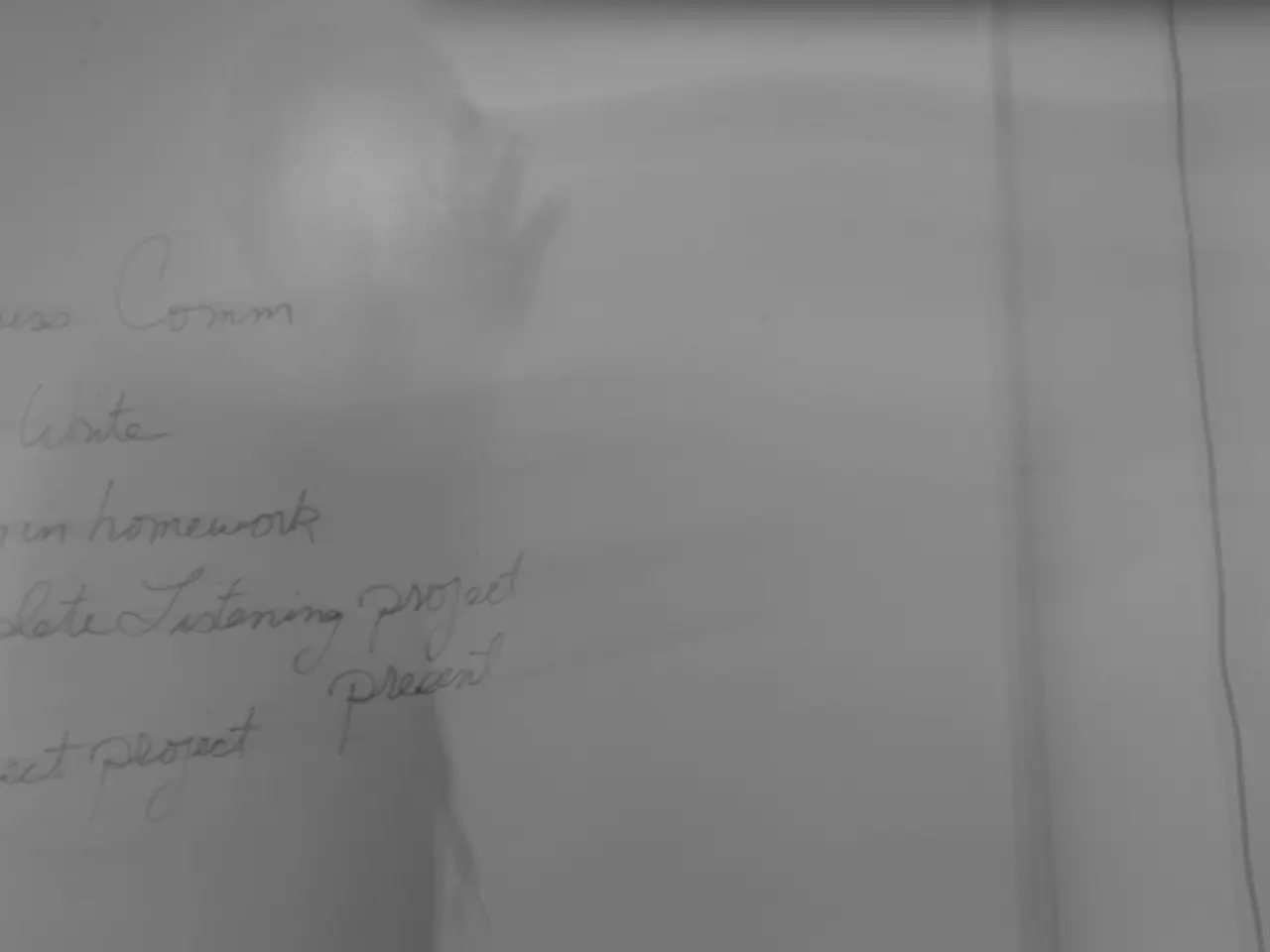Examining the 46-year span of the Indian Child Welfare Act, assessing its historical significance, current struggles, and continued influence.
In a historic 7-2 decision on June 15, 2023, the U.S. Supreme Court affirmed the constitutionality of the Indian Child Welfare Act (ICWA), a landmark legislation aimed at addressing the unjust separation of Native children from their homes. However, despite this legal victory, Native mothers continue to face significant challenges within the child welfare system.
One of the main issues is cultural misunderstanding and stereotyping. Officials often judge Native mothers based on middle-class, Euro-American standards, mischaracterising Indigenous caregiving practices as neglectful or inadequate. Mothers are frequently presumed unfit due to poverty, living conditions, or cultural differences, rather than actual harm to the child. This pattern, while not unique to Native families, is exacerbated by historical and structural marginalisation.
Disproportionate removal rates are another major concern. Despite ICWA's intent, Native children remain overrepresented in foster care, with reports indicating they are placed in foster care at a rate more than three times that of Euro-American children. This suggests that ICWA's protections are inconsistently applied, leading to higher rates of family separation for Native mothers.
Insufficient resources and inadequate tribal consultation further compound these issues. Tribal child welfare agencies are frequently underfunded compared to their state counterparts, limiting their ability to support families and prevent removals. While ICWA mandates consultation with tribes, the quality and outcomes of these consultations can vary, and mothers may not always receive adequate legal or social support to navigate the system effectively.
Legal and structural barriers also pose challenges. Mothers may struggle to access legal representation, understand their rights under ICWA, or advocate for family reunification. The "savior mentality" of child welfare systems, focusing on rescuing children from perceived risk, can lead to unnecessary removals and ignore the broader social and economic contexts that Native families face. This structural bias often leaves mothers feeling powerless and alienated from their children and communities.
To address these issues, several improvements have been proposed. These include enhancing tribal resources and sovereignty, mandating cultural competency training, strengthening prevention and family support services, ensuring meaningful tribal consultation, expanding legal protections and advocacy, and monitoring and enforcing compliance.
Margaret Tarrant, a Native mother, shares her experiences and advice. She expresses a desire for more Native representation in the child services field and questions the true intent of the system, suggesting a potential bias. Tarrant emphasises the importance of Native mothers being aware of their parental rights within the child welfare system and advises other mothers to follow the guidance of their case managers to increase their chances of regaining custody of their children.
Tarrant also advocates for creating 'third spaces' for foster families to practice their culture within the foster care system and believes that ICWA could be improved by allowing more families to have first options as foster care providers. She shares her gratitude towards the support she received from other Native mothers and grandmothers during her journey with the child welfare system and expresses a belief that ICWA should focus more on prevention instead of intervention to reduce the number of children being taken away from Native homes.
The ICWA was enacted on November 8, 1978, as a response to the large numbers of Native children being separated from their families by state child welfare and private adoption agencies. It requires child welfare agencies to give preference to placing Native children with their extended families, Tribal communities, or other Native homes. As we move forward, it is crucial to continue striving for a more just and effective system for Native mothers and their children.
- Acknowledging the ongoing challenges faced by Native mothers within the child welfare system, there is a growing need to advocate for mental health resources that are grounded in cultural competency and understanding, to better support Indigenous mothers navigating the system.
- The significance of science in this context is crucial; research and evidence-based practices can inform improvements in the health-and-wellness sector, fostering mental health interventions that are tailored to the unique needs and experiences of Native families within the child welfare system.




